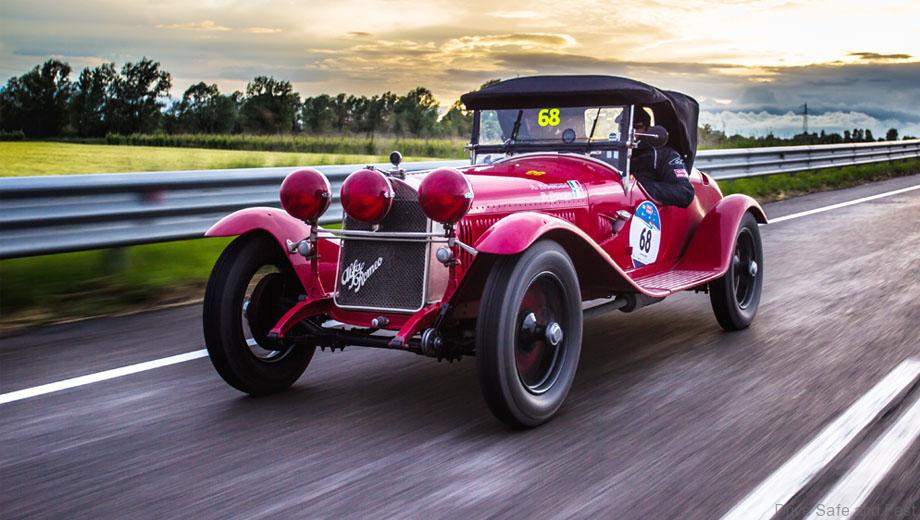The 34th re-enactment of the Freccia Rossa, “the most beautiful travelling museum in the world” as it was aptly called by Enzo Ferrari, ended yesterday on the Finish Line of Viale Venezia in Brescia. Undisputed stars of the event were the classic Alfa Romeos: a 1931 Alfa Romeo 6C 1750 GS Zagato was followed by a 1933 Alfa Romeo 6C 1500 Gran Sport, which came third, while another 6C 1750 Gran Sport Zagato, this one from 1930 and belonging to the Alfa Romeo Museum in Arese, came fifth.
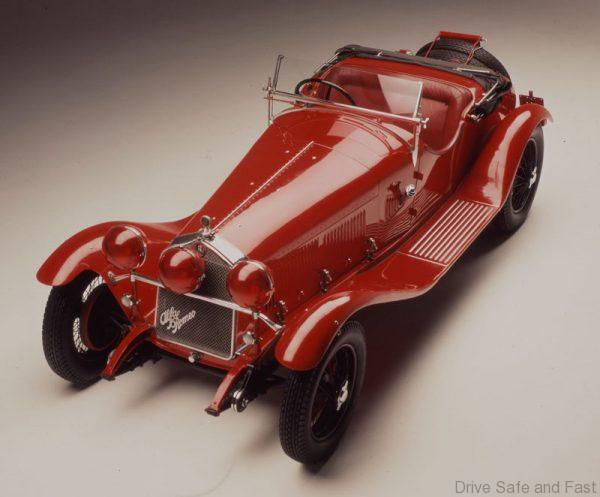
It was a triumph for the 6C 1750 Gran Sport that won the 1930 edition of the race with Tazio Nuvolari and Giovanni Battista Guidotti as crew.

That of 1930 was the race of the legendary “overtaking in the dark” episode when Nuvolari achieved the unprecedented feat of averaging 100 km/h over the entire course and was one of Alfa Romeo’s eleven wins in the years from 1927 to 1957 of the Mille Miglia as a proper race: a record that was to remain undefeated.
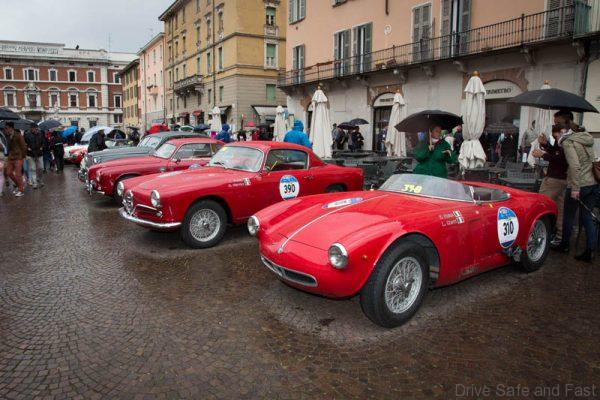
Mille Miglia is a race – of which Alfa Romeo is “Automotive Sponsor” – with a vintage flair that still thrills drivers and enthusiasts worldwide. The legendary course was brilliantly completed by other invaluable cars picked by FCA Heritage, the new organisation that coordinates all the activities of the corporation on the classic car scene, from their collection.
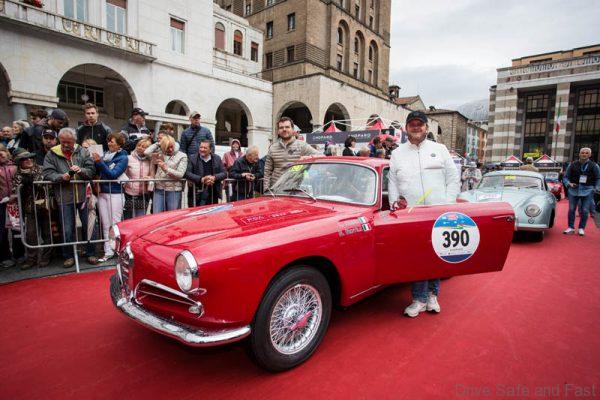
The line-up featured the other two official Alfa Romeo cars: the 1954 1900 Sport Spider and the 1956 1900 Super Sprint, both from the revamped Alfa Romeo Museum, dubbed “La macchina del tempo” (www.museoalfaromeo.com).
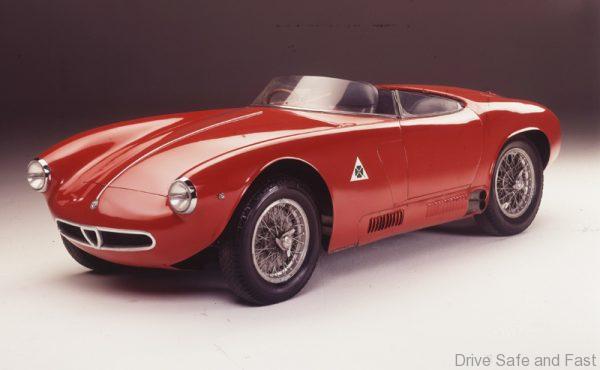
These rare vehicles were accompanied by the latest new FCA models to reassert the eternal link between the icons of the past and the vehicles currently produced by the Group. In particular, the Alfa Romeo 4C was given the prestigious task of opening the parade, while a fleet of New Giulietta was made available to the organisers of the event. Finally, staring on the roads of Mille Miglia 2016 were also the new Alfa Romeo Giulia, the one-of-a-kind Lancia Ypsilon Mya special series and the fascinating Fiat 124 Spider.



